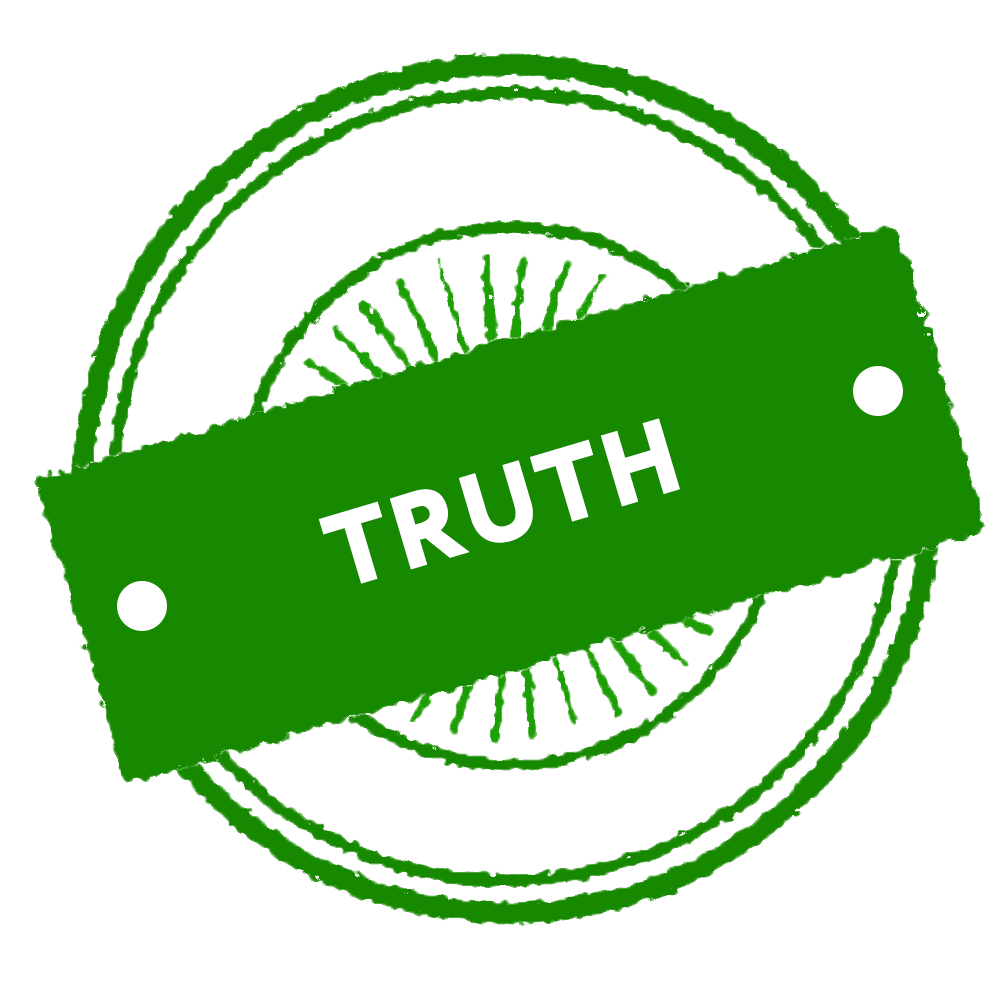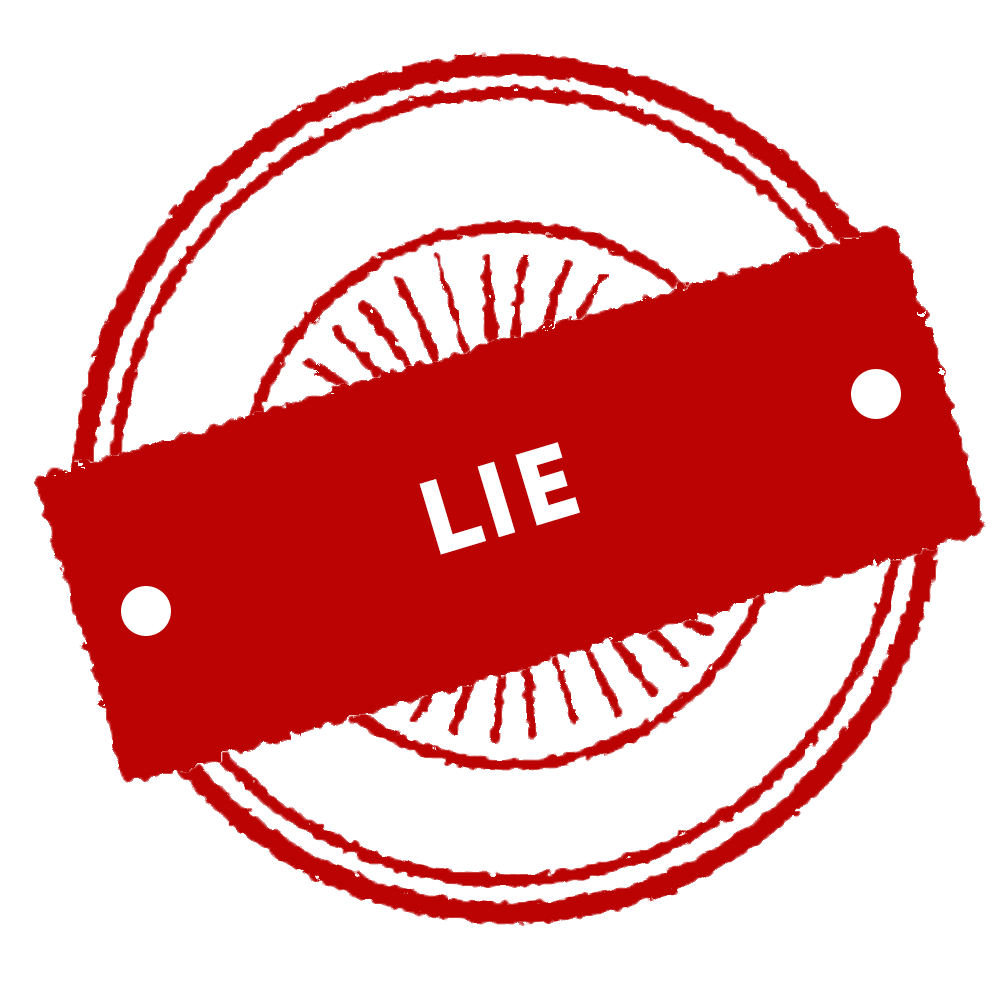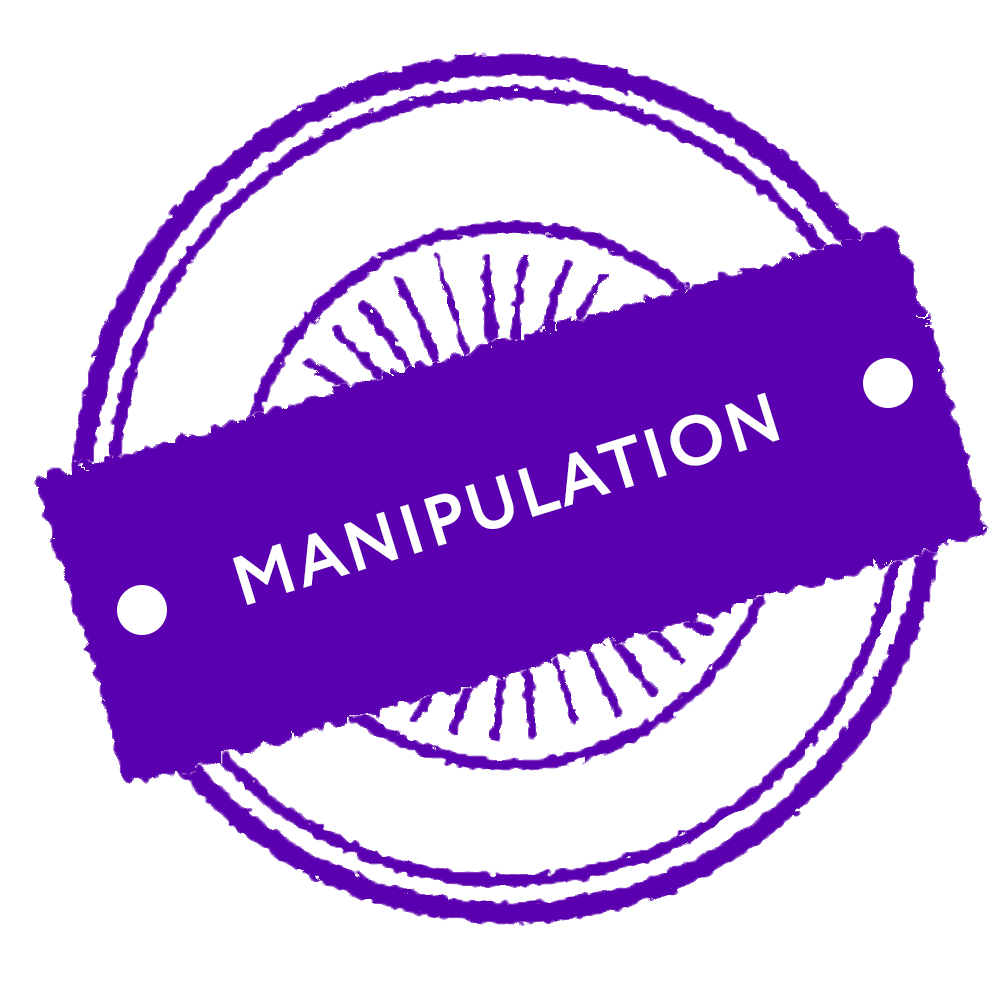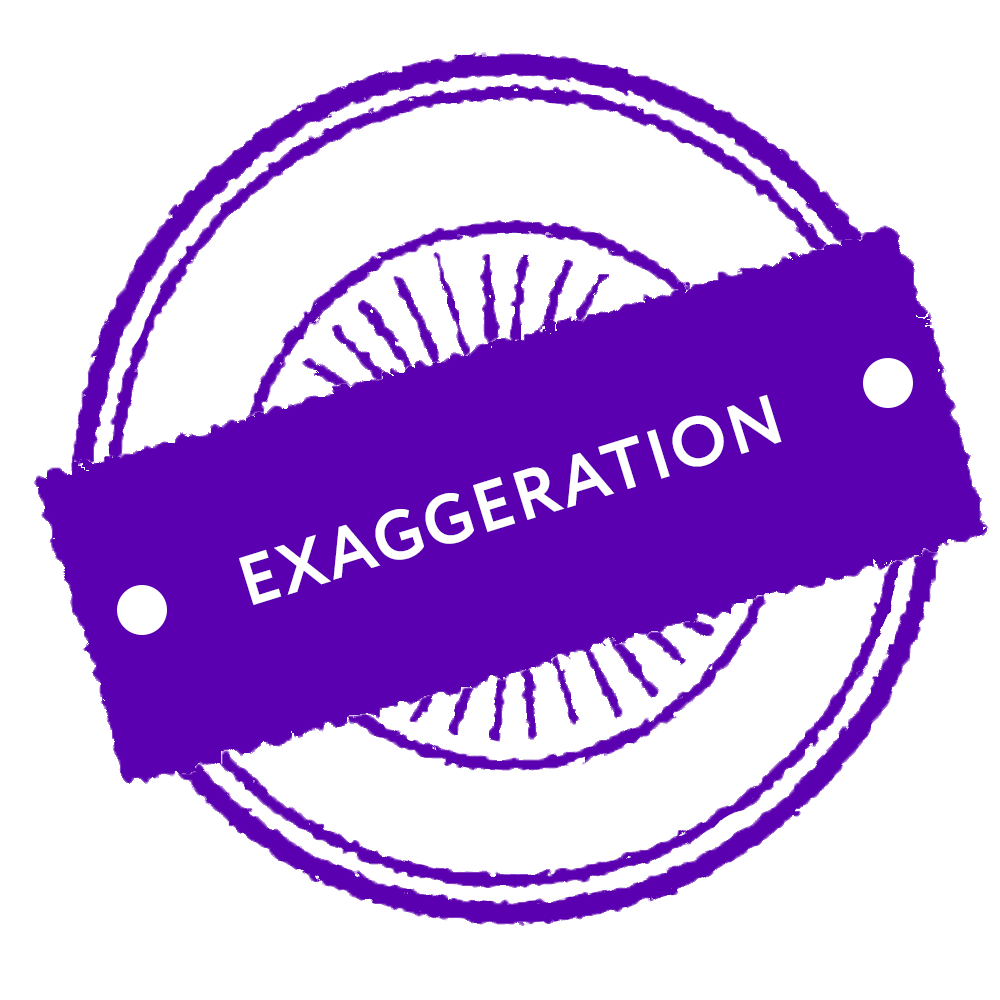Who is the greatest liar and populist at the political top of Ukraine; and who almost always tells the truth? To know it, VoxCheck launches “Impact-17,” a weekly project to check statements by the 17 top politicians.
Who will be on the Impact-17 list? We will be checking the country’s top public officials – President, Prime Minister, leaders of political forces and parliamentary factions, as well as media active politicians that influenced public opinion formation during 2016 (based on the results of VoxUkraine project that analyzed which politicians most frequently attended political talk shows).
Below is the list of persons whose statements we check regularly.
VoxCheck Digest
| Name | Position | Name | Position |
| Petro Poroshenko | President of Ukraine | Vitaliy Khomutynnik | head of the deputy group “Party ‘Renaissance’” |
| Volodymyr Groysman | Prime Minister of Ukraine | Mikheil Saakashvili | head of the party “Movement of New Forces” |
| Oleh Liashko | Radical Party leader | Dmytro Dobrodomov | unaffiliated |
| Yulia Tymoshenko | AUA “Batkivshchyna” leader | Serhiy Sobolev | deputy head of the AUA “Batkivshchyna” faction |
| Arseniy Yatsenyuk | People’s Front leader | Mykola Skoryk | MP, Opposition Bloc faction |
| Yuriy Boiko | Opposition Bloc leader | Artur Herasymov | head of the faction “Bloc of Petro Poroshenko” |
| Oleksandr Vilkul | Opposition Bloc leader | Oleksiy Honcharenko | deputy head of the faction “Bloc of Petro Poroshenko” |
| Oleh Berezyuk | head of the faction “Association ‘Self-Reliance’” | Ivan Krulko | MP, “Batkivshchyna” faction |
| Maksym Burbak | head of the People’s Front faction |
How is VoxCheck going to collect quotes and check them? We will be selecting quotes with facts (predominantly those related to economic topics) and testing them for errors and manipulations. The main media channels to be checked include TV, printed media, Facebook and YouTube. We will try to monitor all statements made by politicians, though we do realize that some might avoid our attention. We invite our readers to join us in this important initiative by sending us quotes (with indication of the sources) for checking those politicians. However, it is unlikely that all the politicians on the list will appear in the weekly rating: some don’t make statements every week; and some statements mention no facts.
PETRO POROSHENKO

Petro Poroshenko, President of Ukraine, June 8, 2017: “When I was elected as a president, the Ukrainian economy was among the world’s ten least energy efficient ones.”
According to data from the International Energy Agency, in 2014 Ukraine was in tenth place for energy inefficiency in a list of 141 countries.
VOLODYMYR GROYSMAN

Volodymyr Groysman, Prime Minister of Ukraine, June 5, 2017: “We have entered the TOP 5 of the world’s largest butter exporters. Contrary to other key players on the market, which reduced exports in 2016, we enhance our trade capacity. Since 2014, there has been an almost threefold increase in butter exports.”
Partially true, partially a technical error. According to Global Trade Atlas, in January-April 2017 Ukraine really entered the top five of the world’s butter exporters, following a 205.8% increase in exports over the same period of the last year.
At the same time, according to SFS, the increase in butter exports in January-May 2017 was threefold, reaching 8,500 tons. But the comparison relates to January-May 2016. No data is available for the same period of 2014. Therefore, most likely, the statement that the increase in exports was over the 2014 (rather than 2016) figure was a lapsus linguae on the part of the Prime Minister.
ARSENIY YATSENYUK

In 2017, the budget of Ukraine provides 69 billion UAH, or 2.7% of the GDP, for defense, whereas the NATO standard requires that 2% of the GDP to be spent on the armed forces.
OLEH LIASHKO

According to Article 138 of the draft of the Labor Code, child workers will be prohibited from working at nights except for those who are involved in creating artworks. According to Article 151, it will be prohibited to make pregnant women work overtime. Moreover, Article 232 provides double payment for work on days off and holidays.

The current Memorandum with the IMF (March 2017) contains no promises to freeze salary increases.

Oleh Liashko, the Radical Party’s faction leader, June 9, 2017: “In a case where the Rules of Procedure and the Constitution were violated, the authorities forced the adoption of the medical ‘reform’ which in fact amounts to abolishing free medical services for citizens.”
Firstly, there has been no free healthcare in Ukraine for a long time. Secondly, the healthcare reform provides for distinguishing between entirely free services and services that will be partially paid for by citizens. Primary, urgent and palliative care will be pro bono. As to specialized aid, citizens will co-pay for it together with the state. People will pay from their own pocket for cosmetic surgery as well as for some types of dental treatment (the list is yet to be made).

Oleh Liashko, the Radical Party’s faction leader, June 9, 2017:”Now they will try to force illegally the adoption of their pension ‘reform’ that will reduce the number of pensioners from 12 million to 5 million.”
The pension reform draft does not mention a reduction of the number of pensioners to 5 million or to any other level. Can the reform cause a decrease in the number of pensioners? This looks pretty unlikely because current pensioners will remain pensioners regardless of the reform.

Oleh Liashko, the Radical Party’s faction leader, June 10, 2017: “This convocation is the first one for my party in the parliament. However, both in 2015 and in 2016, and also throughout the entire period of operation of this parliament, me and my iron team – we are always number one (!!!) as regards effectiveness of legislative work: in terms of the number of introduced important bills as well as in terms of adopted laws!”
Liashko is right in that his team has been working a lot in the parliament. However, the drafting of bills does not always attest to the effectiveness of a political force. According to MPs’ IMoRe rating, which measures effectiveness on the basis of voting for the most important reformist bills, the RP took the fourth place for the 5th session of the Verkhovna Rada of 8th convocation. Factions of the People’s Front, BPP and Self-Reliance are more effective than the RP.
OLEH BEREZYUK
Oleh Berezyuk, head of the Self-Reliance Association faction, June 9, 2017, video timing 00:02 – 00:16 (about the “Accessible Medications” program): “For the first time in 26 years, a system is available under which people can be provided with drugs against four pathologies – either for free or much cheaper than in the previous [years].”
Almost true. Really, “Accessible Medications” is the first reimbursement program in 26 years (this is a mechanism for reimbursing the cost of medications) for pathologies such as type 2 diabetes, cardiovascular diseases and bronchial asthma. That is, this pertains to three pathologies, not four, as Oleh Berezyuk said.
By the way, in 2012-2014 a pilot reimbursement program was conducted, but it was focused on a single pathology: hypertension.
YURIY BOIKO
Yuriy Boiko, Opposition Bloc faction leader, June 9, 2017: The coalition has been non-existent for a long time; what is left of it is only remnants. The level of confidence in the parliament is a mere 4%.
The statement about the coalition is true; but the level of confidence in the parliament is understated. According to Slovo i Dilo, there is no formal coalition in the Verkhovna Rada; that is, the sum of members of the two factions making up the coalition is less than 226. According to the Razumkov Center’s survey “The Ukrainian Citizens’ Attitude Towards Public Institutions”, in April 2017 confidence in the Verkhovna Rada was expressed by 9% of the respondents.

Yuriy Boiko, Opposition Bloc faction leader, June 8, 2017, video timing 1:14 – 1:17: “In practice, we are [now] making a transition to paid healthcare.”
The healthcare reform provides for co-payment for medical services by the state and the patient. An important part of the medical services (primary, urgent, and palliative aid) will continue to be provided for free.
YULIA TYMOSHENKO
(quotes published in the article The Stockholm Syndrome on June 9,)

Indeed, Ukraine has not paid anything because of the take or pay principle. When the time came to pay, the parties went to court. Had Ukraine not won at Stockholm, we would have to pay $ 34.5 billion to Gazprom under the gas agreements concluded when Tymoshenko was Prime Minister.

Yulia Tymoshenko, leader of the AUA “Batkivshchyna,” June 6, 2017, video timing 36:00 – 36:37: “In 2009, the price for natural gas, after the signing of the 2009 contract, was $232.98, it’s a fact proven by Kireyev’s court. And therefore, it’s a lie about overpayments [at the level] of $450. Today, Ukrainian gas is being sold to the people of Ukraine for $ 285 per thousand cubic meters; it is $ 50 more expensive than it was after the 2009 contract.”
Pursuant to the agreement with Gazprom, the base price of gas for Ukraine was $ 450 per thousand cubic meters, while the actual price for each quarter was determined according to a special formula that indirectly took account of the oil price. According to the verdict passed by judge Kireyev, in 2009 Ukraine paid $ 232 per thousand cubic meters of Russian gas; in 2010, $256 per thousand cubic meters. In 2014, the actual price was more than $450: $ 485, and that was a consequence of the 2009 contract.
Today, the price for imported gas is $ 186 per thousand cubic meters; for the population, $ 260.

Yulia Tymoshenko, leader of the AUA “Batkivshchyna,” June 6, 2017, video timing 36:50 – 36: 55: “Under my management, there has never been a price as high as $ 450-500.”
The highest actual price that Ukraine paid to Gazprom with Tymoshenko as Prime Minister (December 2007 – March 2010) was $ 360 per thousand cubic meters. (Additional reference). On the other hand, the base price that was used for calculating the actual price of gas imported from Russia under the 2009 agreement was precisely $ 450 per thousand cubic meters. The main problem consists in that, as a result of Tymoshenko’s contract, in later years Ukraine paid more for gas than other European countries did. For example in 2014, when the price for Ukraine was $485, while Europe was paying at the rate of $349.

Yulia Tymoshenko, leader of the AUA “Batkivshchyna,” June 6, 2017, video timing 41:45 – 42:06: “This gang took the case to the Stockholm Court of Arbitration only in respect of 2011, 2012, and 2013. If there were overpayments in 2009, why didn’t they bring up the matter? Therefore, those are Yanukovych’s overpayments and they were proven only because this was at odds with the contract.”
In 2009 Tymoshenko was Prime Minister; she could bring the case to court, but she didn’t do it. The suit filed by Naftogaz was about overpayments between May 20, 2011, and October 2015 rather than during the 2011-2013 period. The overpayments did not contradict the contract; they were a consequence thereof. The suit relates to the period starting from May 20, 2011, because that was the day when Ukraine filed an official request for revising the price; Naftogaz used it as the ground for its 2014 lawsuit.

Yulia Tymoshenko, leader of the AUA “Batkivshchyna,” June 6, 2017, video timing 42:06 – 42:24: “And now I want to say clearly and emphatically that, when working as the Economics Minister in Yanukovych’s Government, Petro Poroshenko made an overpayment under the gas contract.”
The overpayment for gas was a consequence of the concluded contract; it could only be revoked by a decision of a court, not of Ukraine’s Economics Minister; in fact this is what Naftogaz demonstrated in the Stockholm Court of Arbitration in 2017.
Attention
The authors do not work for, consult to, own shares in or receive funding from any company or organization that would benefit from this article, and have no relevant affiliations

